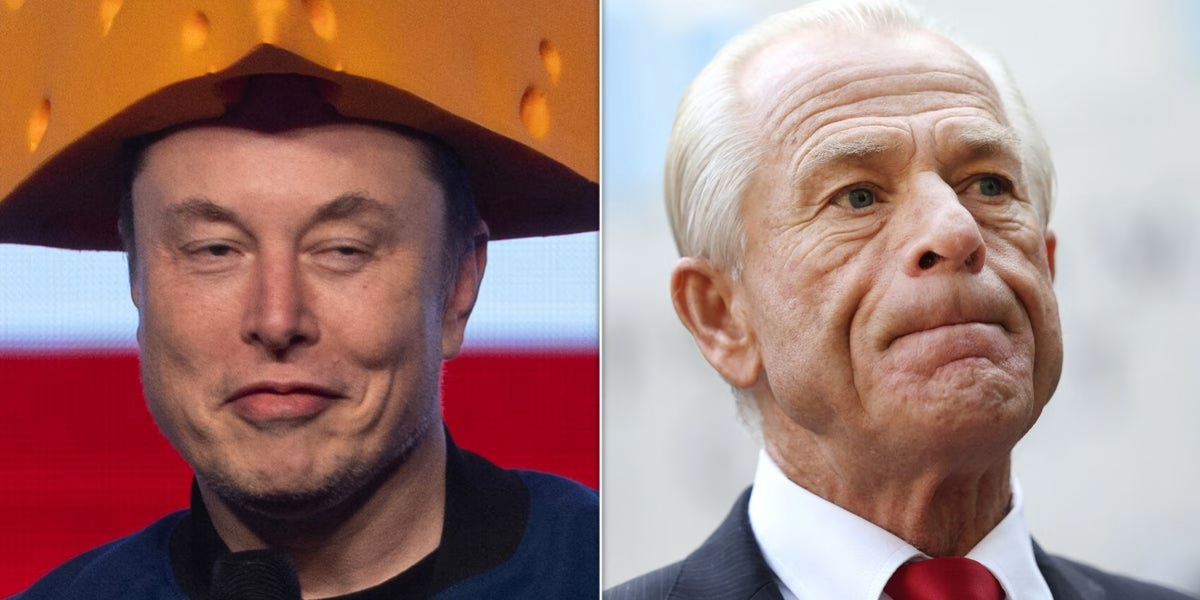By Tony Bruce and Ben Emos | Saturday, August 10, 2024 | 6 min read
During a news conference at his Mar-a-Lago resort on Thursday, former President Donald Trump hinted that he might consider revoking access to mifepristone, one of the two drugs commonly used in medication abortions. When asked by reporter whether he would direct the Food and Drug Administration (FDA) to revoke access to mifepristone, Trump responded in his characteristically ambiguous style, saying, “You could do things that … would supplement—absolutely—those things are pretty open and humane.”
His response, which lacked clarity, seemed to leave the door open for potential restrictions on the drug. Trump further elaborated, stating, “There are many things on a humane basis that you can do outside of that,” and emphasized the importance of allowing people to have “a vote” on the matter of abortion, suggesting a more democratic approach to the issue.
Trump’s comments on Thursday marked a noticeable shift from his stance in June when, during a CNN debate, he firmly stated, “I will not block it,” in reference to mifepristone. This apparent shift could signal a change in his approach as he navigates the contentious issue of abortion rights, particularly as he considers his base’s varying views on the subject.
Trump’s reluctance to take a definitive stance on the issue reflects the broader challenge he faces: balancing the demands of his conservative supporters, who largely oppose abortion, with the need to appeal to a wider electorate that may support access to medication abortions. As the 2024 election cycle intensifies, Trump’s evolving position on mifepristone could become a focal point in the ongoing national debate over reproductive rights.
In response to clarifying questions about former President Donald Trump’s stance on mifepristone, Karoline Leavitt, the national press secretary for the Trump campaign, provided additional context during the press conference. Leavitt emphasized that Trump’s comments were consistent with his belief in states’ rights regarding abortion decisions, stating, “As President Trump said, he wants ‘everybody to vote’ on the issue, reiterating his long-held position of supporting the rights of states to make decisions on abortion.”
Leavitt further clarified the confusion surrounding Trump’s remarks, explaining that the former president had difficulty hearing the questions being asked. She reiterated that Trump’s position on mifepristone has not changed, noting, “His position on mifepristone remains the same—the Supreme Court unanimously decided on the issue and the matter is settled.”
The possibility of directing the FDA to revoke access to mifepristone is central to a broader policy outlined in Project 2025, a comprehensive 900-plus page document organized by the Heritage Foundation and authored by various conservative groups. The document outlines a governing plan for the next GOP presidential administration, including significant changes to federal policies on abortion.
However, Trump and his campaign have distanced themselves from Project 2025, despite the fact that the initiative is supported by many of Trump’s allies and former advisers. This disavowal signals a cautious approach by the Trump campaign, as it navigates the complex and often contentious landscape of abortion policy, particularly in light of its implications for the 2024 presidential election. The tension between Trump’s rhetoric and the expectations of conservative groups illustrates the challenges he faces in maintaining a broad appeal while managing the demands of his political base.
The lack of a clear stance seemed to frustrate reporters, who continued to push for a more specific answer. But Trump’s responses grew increasingly convoluted, as he alternated between expressing concern for women’s health and criticizing the media for what he described as unfair treatment.
The press conference, which was intended to clarify Trump’s views, ended up raising more questions than it answered. By the time it concluded, it was clear that Trump had deliberately avoided taking a definitive position on the abortion pill, likely in an effort to maintain support from both pro-life and pro-choice factions within his base.
For many observers, Trump’s inability—or unwillingness—to provide a straightforward answer was a telling sign of the political tightrope he continues to walk. As the debate over reproductive rights intensifies, Trump’s ambivalence on key issues like the abortion pill could become a point of contention for both his supporters and critics alike.
Trump was asked how he planned to vote in Florida’s upcoming ballot initiative to expand abortion access. As a resident of Florida, Trump’s stance was eagerly anticipated, but he did not reveal how he would vote. Instead, he hinted at a future announcement, adding that he believes abortion is no longer a “big factor anymore.”
Trump’s comments were met with sharp criticism from the Harris-Walz campaign. Campaign manager Julie Chavez Rodriguez issued a statement condemning Trump’s remarks, linking them to the broader consequences of the Supreme Court’s decision to overturn Roe v. Wade.
“Already, women across the country are suffering because of the nightmare Donald Trump unleashed by overturning Roe v. Wade,” Rodriguez said. “That reality—women forced to the brink of death before receiving the care they need, doctors facing the threat of jail time for doing their jobs, and survivors of rape and incest made to flee their states for basic health care—will only get worse if Donald Trump wins and wipes out access to medication abortion.”
The abortion pill mifepristone has become a focal point in the political arena since the Supreme Court eliminated the constitutional right to abortion in 2022. The controversy surrounding the pill intensified in late 2022 when the Alliance for Hippocratic Medicine filed a lawsuit in Texas seeking to invalidate the FDA’s approval of mifepristone. However, in June, the Supreme Court ruled that the plaintiffs did not have standing, thereby preserving nationwide access to the abortion pill.
In response to the Supreme Court’s decision, RNC spokeswoman Danielle Alvarez affirmed the finality of the ruling, stating, “The Supreme Court has unanimously decided 9-0. The matter is settled.”
Trump’s cautious approach to revealing his stance on Florida’s ballot initiative, combined with his ambiguous comments about abortion, reflects the delicate balancing act he faces. While he seeks to appeal to a broad electorate, including conservative and moderate voters, his reluctance to take a definitive position on such a divisive issue as abortion could draw criticism from both sides of the political spectrum. As the 2024 election approaches, how Trump navigates these controversial topics may significantly impact his campaign’s trajectory.
Copyright 2024 FN, NewsRoom. All rights reserved.





